
You are probably familiar with the concept of “calories in” vs “calories out” which is often used to explain how weight gain occurs. It’s a question of energy balance we are told; if you consume more energy than you use up, you’ll end up gaining weight.
With the ever increasing rates of obesity worldwide, it’s easy to accept this to be a true and definitive.
We are surrounded by highly processed, highly palatable foods and with heavy marketing and busy, sedentary lifestyles, it is easy for people to consume far more calories than they need. And it is this that is driving the obesity epidemic.
Is this the best way to avoid weight gain?
Yet, despite public health messages that acknowledge this, the advice to eat less and increase exercise is widely being ignored and obesity is still on the rise.
Well, those of you who have followed me over the years and certainly those who have seen me for personalised one-2-one consultations, will know that this is not the advice I offer when it comes to managing your weight or indeed losing weight.
It is not enough to simply focus on how much you are eating but you also need to consider the foods you are eating. The foods that affect hormones and metabolism. It is crucial to consider the behavioural mechanisms that promote weight gain.
This perspective has now been formulated by a team of internationally recognised scientists and health to support this model and “The Carbohydrate-Insulin Model” has recently been published in The American Journal of Clinical Nutrition. The research points to the flaws in this energy balance model. Instead, the authors present an alternative model based on the intake of carbohydrates and balance of insulin production.
When we eat foods with a high glycaemic load; in other words, carbohydrates that are processed and do not require much digestion, the hormonal responses within the body affect our metabolism and consequently encourage fat storage leading to weight gain and obesity.
The body is very clever; if we eat highly processed carbohydrates, digestion quickly breaks these down into simple sugars that are then released into the blood. High amounts of insulin is then released to remove these sugars and at the same time, signals are sent to fat cells to store more calories. The body then registers fewer calories available to fuel the body’s natural processes and messages are quickly sent from the brain to eat more. This is when you feel hungry and the cravings kick in and weight gain is inevitable over the long term.
In addition to this, as your body thinks it is lacking in “fuel”, it also slows down your metabolism to conserve fuel. Clever isn’t it except that you still feel hungry as you continue to store fat. And the struggle continues.
The worst culprits
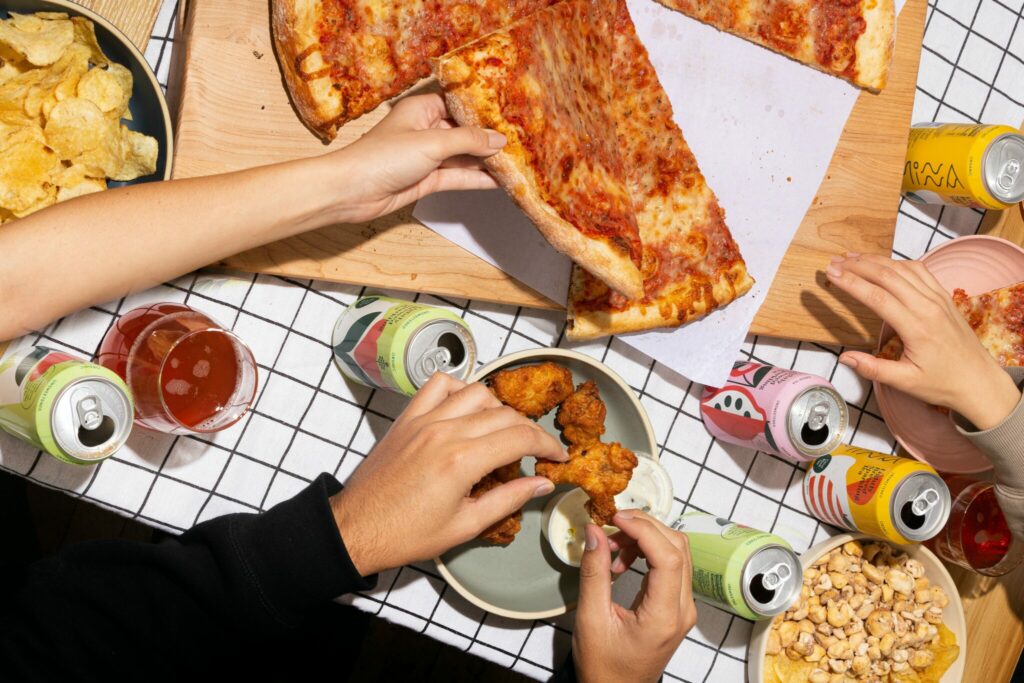
Highly processed foods tend to be high glycaemic foods containing sugars that are quickly digested and released into the bloodstream after consumption. These are foods that you are likely to be aware of; cakes, sweets, biscuits, chocolates as well as ready-made meals, takeaways meals, fizzy drinks and jar sauces for example.
However, the worst culprits are any low-fat versions like low-fat flavoured yoghurts, low-fat peanut butter or low-fat desserts. These foods have been highly processed to remove the fat content and instead, sugar is added to improve flavour and taste.
Despite these seemingly healthier, they are in fact far less healthy, particularly in view of this “carbohydrate-insulin” model.
What’s the upshot?
If you’re looking to lose weight, or simply manage your weight, your focus should be on what you eat rather than how much you eat.
Reducing the consumption of quick releasing carbohydrates and ideally cooking from the scratch is a far more effective way to manage your weight; without the hunger pangs and daily struggling. As such, there’s a far bigger likelihood of achieving success!
Do you find cooking from scratch difficult?
I hear you! Now that’s not because I find this hard, I don’t and indeed cook every meal I make from scratch. However, I know from the clients and members of my New Healthy community that this is often a struggle. Many of you find you don’t have the time to plan and despite good intentions, cooking a meal from scratch is often sabotaged by a lack of ingredients, cooking skills or indeed time.
You may find this strange…
I’m not one to plan and yet I’ve just released my new Meal Planning Made Easy! video course!
Trust me, once you’ve watched the 3 videos, you’ll know exactly why I don’t need to allocate time to sit and plan my meals for the week and yet, cooking each meal from scratch is easy.
You’ll find out exactly what I have in my kitchen, larder and freezer so you can create a healthy meal in minutes, from scratch with minimum fuss. I share my easy replicable approach with 3 live videos, a meal plan, ingredients list and recipes. CLICK HERE
No more procrastinating. No more excuses and no more anxieties over how to begin cooking healthy meals for you and your family. You deserve to eat well; health is wealth as they say!


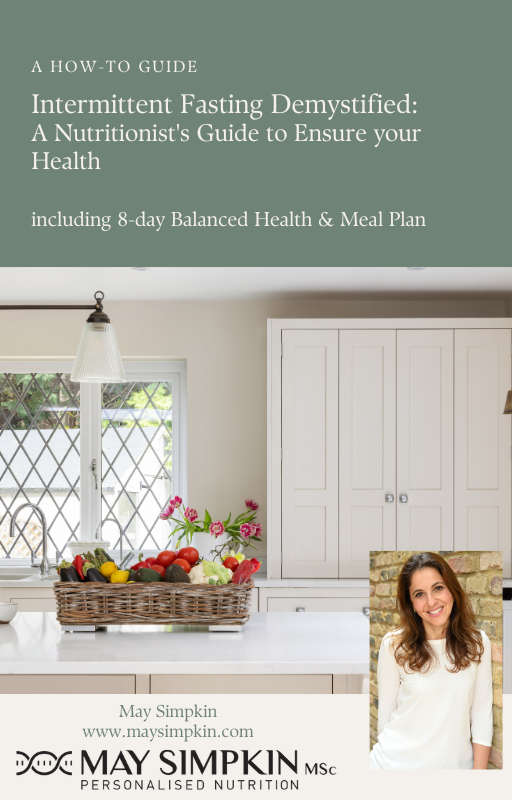
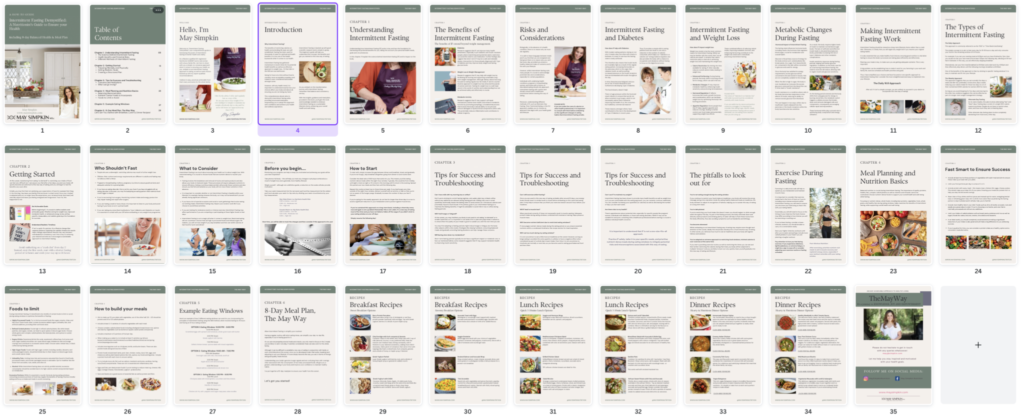

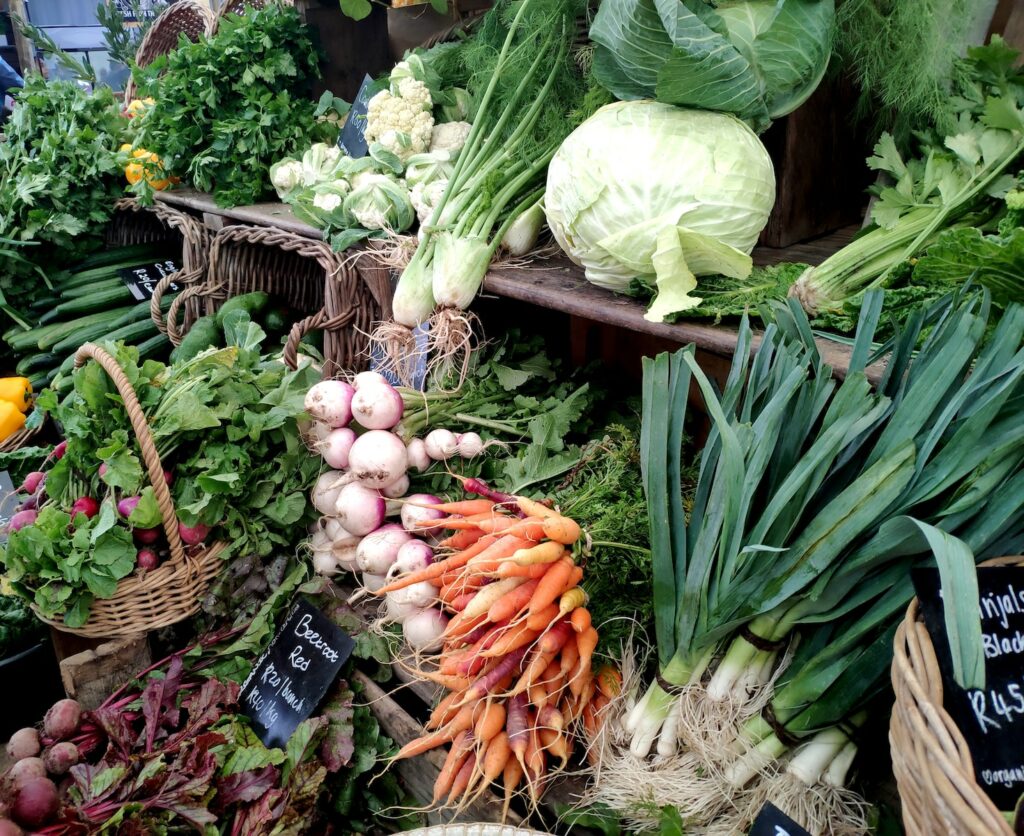
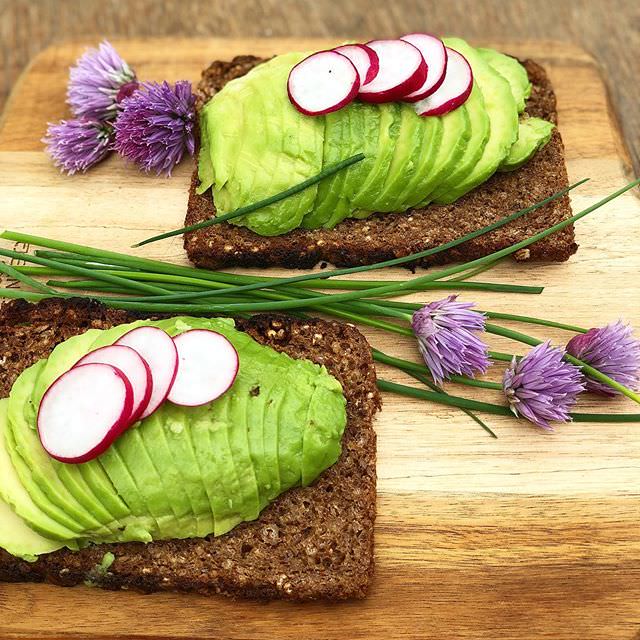

0 Comments